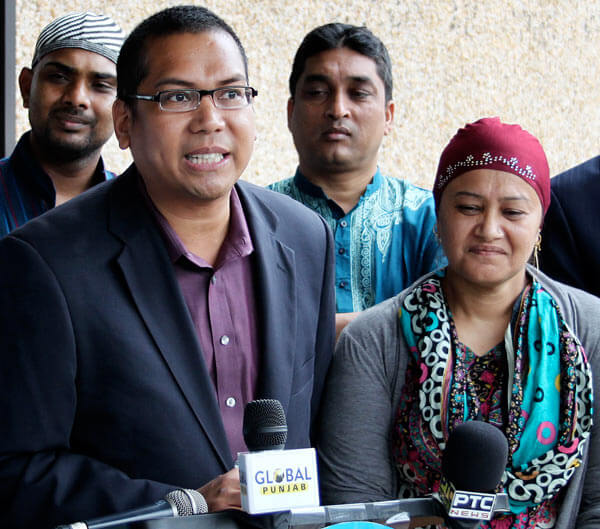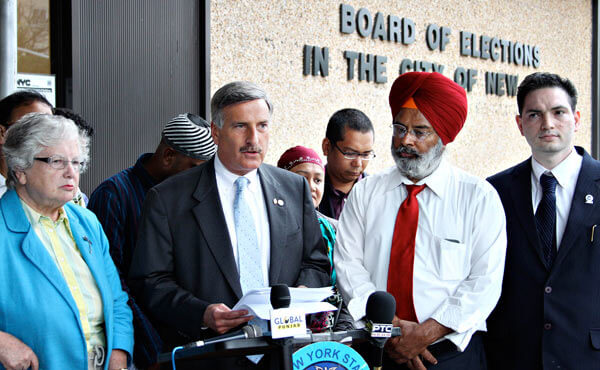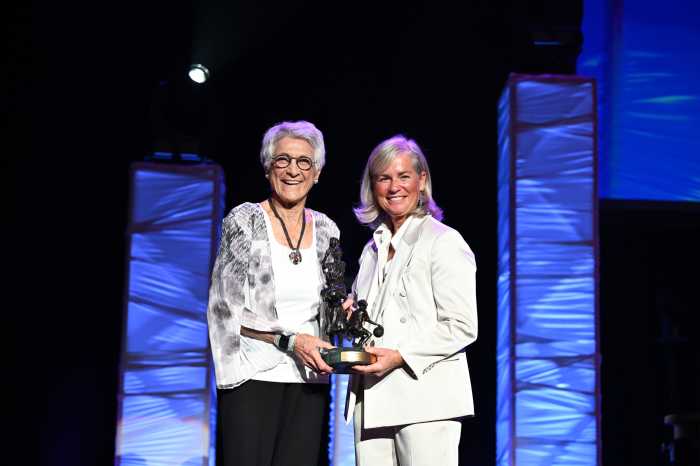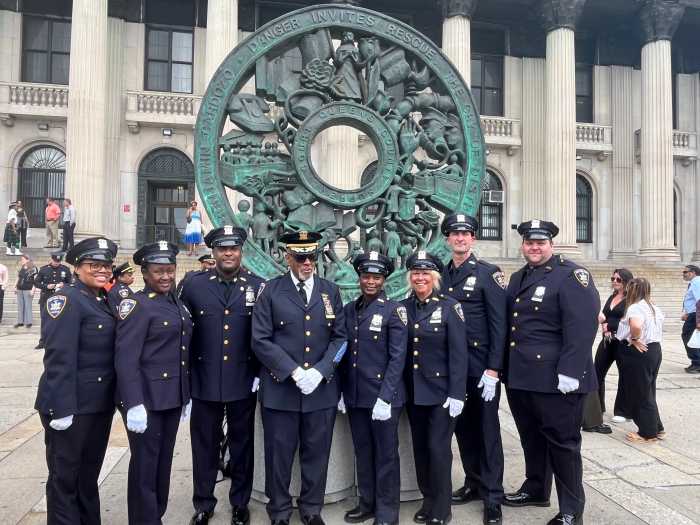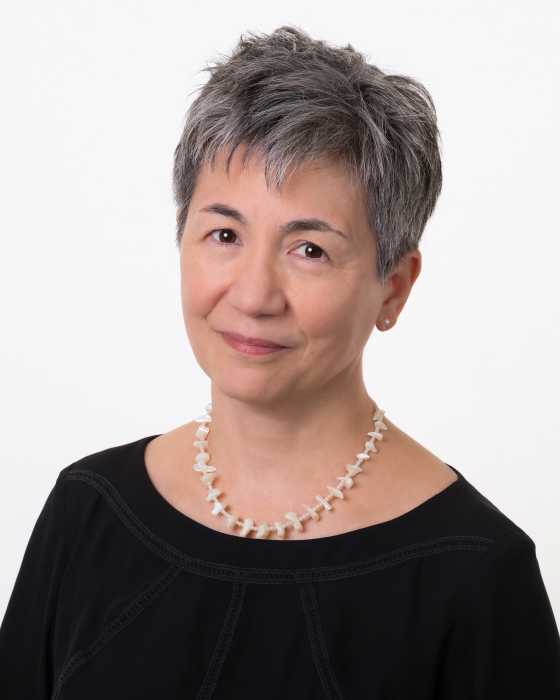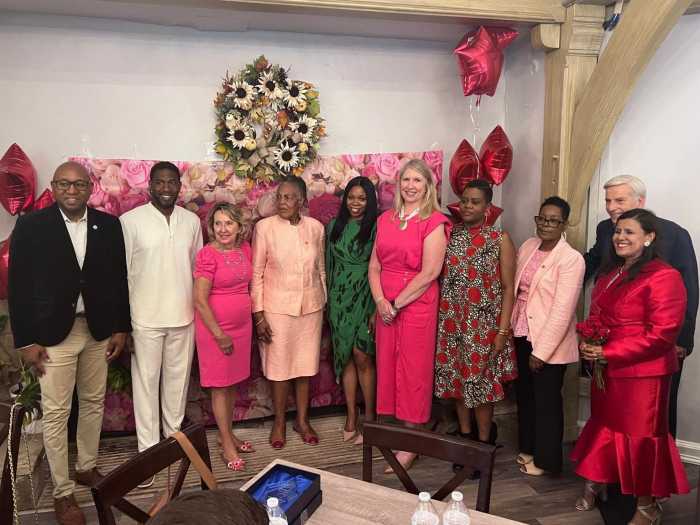By Rich Bockmann
The borough’s South Asian community last week cautiously celebrated the news that the city Board of Elections will provide Bengali-language ballots for this year’s city elections.
“By providing translated ballots and language assistance in Bengali, we are ensuring that all voters in Queens have the resources they need to fully exercise their right to vote in the upcoming elections,” said state Assemblyman David Weprin (D-Little Neck), whose district stretching from Bellerose to Richmond Hill was redrawn after the 2010 census in a deliberate move to consolidate the electoral power of Queens’ fractured South Asian community. “This is one critical step towards improving voter access and increasing voter participation for all New Yorkers.”
The census also determined that Queens’ South Asian population — hailing from countries such as India, Bangladesh, Pakistan and Sri Lanka — had grown large enough to trigger a provision of the Voting Rights Act requiring the BOE to translate ballots and provide language assistance for the minority community. Bengali, the most widely used language by South Asians in Queens, was chosen.
But since the U.S. Census Bureau made its determination in October 2011, four election cycles have come and gone without the translated ballots.
Valerie Vazquez, a spokeswoman for the BOE, said the delay was caused by technical difficulties in getting the electronic voting machines the board uses to read the Bengali text. In the interim, translators and other assistance have been provided to voters, and the board said it will be in compliance with the language requirement for the Sept. 10 primaries.
Vazquez said the board had always asserted it would be in compliance no earlier than 2013, but some community members disagree.
“I’m very happy that the board has made oral statements. They’ve made promises, but I’ve heard promises before,” said Glenn Magpantay of the Asian American Legal Defense and Education Fund, which earlier this month filed a lawsuit in Brooklyn federal court seeking to compel the election board to codify its language-assistance plan. “I’ve gotten several e-mail messages, but the last time I checked an e-mail was not federal law. An e-mail message was not Board of Elections policy.”
The board released an interim plan for last year’s elections, but Magpantay and his allies want to see a set of comprehensive procedures similar to the one the BOE adopted in 2005 to provide language assistance for Korean- and Chinese-language speakers.
The community’s battle with the BOE is not the only challenge they continue to face. The NYPD has a dress code that bans Sikhs from wearing their turbans and beards. Weprin earlier this year introduced a bill that would require the department to overturn the policy, as well as another bill that would have the elections board provide assistance to voters in Punjabi and Hindi.
State Sen. Toby Stavisky (D-Whitestone), who sponsored the bill’s counterpart in the upper chamber, said that with important referendums on ballots such as this year’s proposed constitutional amendment to allow gambling in New York, it is essential voters can read the ballots.
Reach reporter Rich Bockmann by e-mail at rbockmann@cnglocal.com or by phone at 718-260-4574.

